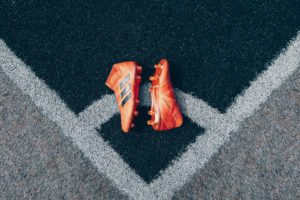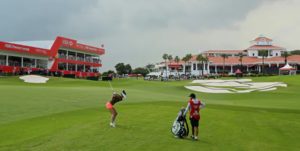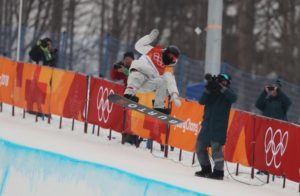
Surfrider Europe was created in 1990 by a group of surfers who wanted to preserve their playground. Grass-roots activism to protect our oceans and coasts is at the core of the organisation.
Surfrider Foundation Europe is a non-profit organisation whose purpose is to protect and showcase the importance of lakes, rivers, the ocean, waves, and coastlines. It currently has over 13,000 members and is active across 9 countries through its volunteer-run branches.
For almost 30 years, Surfrider Foundation Europe has been taking action as a recognized authority in three areas of expertise: marine litter, water quality and public health, coastal management and climate change.
Volunteers engaging in local field activism are the driving force of Surfrider. Whether they are running local volunteer branches or taking part in the environmental campaigns of the organisation, they are Surfrider’s strongest presence in the field and they implement our various programmes locally: awareness and education, events, and rallying.
At this time, over 2,000 volunteers are taking action every day in 43 local branches in 11 European countries. Join us in our fight to protect the oceans and coasts of today and tomorrow. Help us to drastically reduce plastic waste, move away from fossil fuels, fight against climate change and its impacts, and fight marine pollution and the damage being done to oceans, beaches and waves.





Calling the shots: Sports and the European Green Revolution
Surfriders / French Ministry of Sports
With the Paris Olympic Games and the French Presidency of the European Union approaching, the issue of sport and its relationship with environmental protection in Europe is of paramount importance. Therefore, Surfrider Foundation Europe and the French Ministry of Education, Youth and Sports would like to invite all stakeholders from the
European community of Sport to two days of debates and discussions, around the Sport and Sustainability movement in Europe.
Click here to download the program
Click here to register to the event

Is a lack of higher purpose stifling the potential of sports organisations?
Research suggests that rallying around a clear and sincere mission can increase the robustness and competitive advantage of a company “Working hard for something […]

David James: Ex-England goalkeeper wants ‘better future for the environment’
If you ever saw former England goalkeeper David James at the side of the road looking frustrated, it will have been because his environmentally […]



GALVIN GREEN wins Global Sports Technology Award for “Sustainability in Sport”
Golf sweaters made from recycled plastic bottles take top international prizeGalvin Green, the leading high-performance golf apparel brand based in southern Sweden, won the […]



Houston 2026 bid aims to deliver a sustainable World Cup
The Houston 2026 World Cup Bid Committee has announced its cooperation with Council for Responsible Sport to support sustainable event delivery. The Houston 2026 […]

SailGP makes an impact with purpose-driven projects in Bermuda
With the high-speed pace being set by the annual, global championship’s Season 2 opening event in Bermuda, SailGP’s purpose-driven mantle to Race for the […]




WRC switches to 100% sustainable fuel; P1 exclusive provider
In line with the introduction of the new generation of power units, which integrate the hybrid technology in Rally1 class vehicles, the FIA will […]



A narrow focus can broaden impact
Author : Matthew Campelli. A little boy walks out onto the pitch clutching the hand of his hero. But on a day that he […]




Addressing sport’s banner and signage conundrum
The IOC, UEFA and The Ocean Race have come together to explore the environmental impact of signs and visual marketing at events, and develop […]

